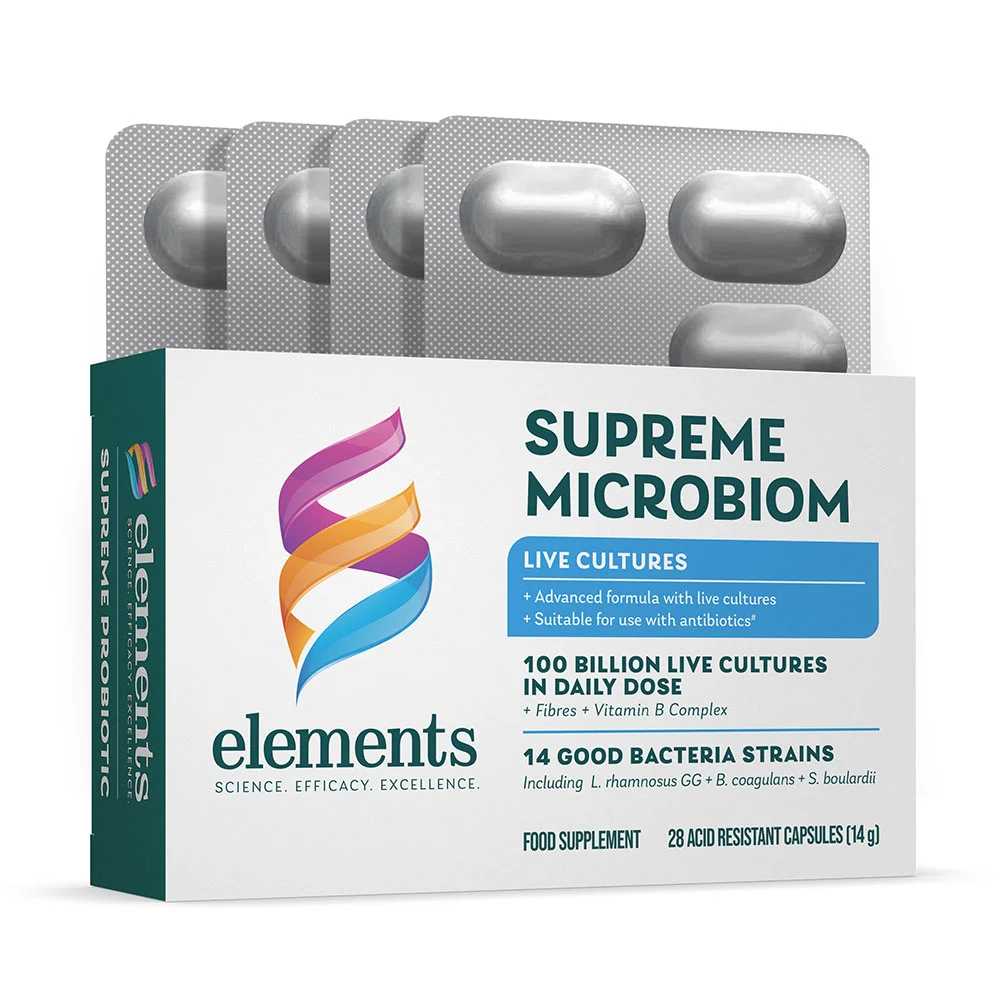Bacillus coagulans
Bacillus coagulans is a spore forming microorganism. This probiotic is extremely hardly and can easily survive stomach acid to colonize the entire GI tract, thereby better providing targeted support to the intestine and maintaining balance in the microbiome.
Bacillus coagulans was first isolated from spoiled milk in 1915 by B.W. Hammer, at the Iowa Agricultural Experiment Station in the United States of America. A spore-forming bacterium, it’s able to produce lactic acid and various metabolites.
With the ability to form spores, the bacterial species Bacillus coagulans is resistant to extreme conditions and antibiotics. It survives the acidic gastric juice and bile acids in the duodenum while passing through the GI tract, and safely reaches the lower intestines and colon, where it divides quickly to colonize the gut.
